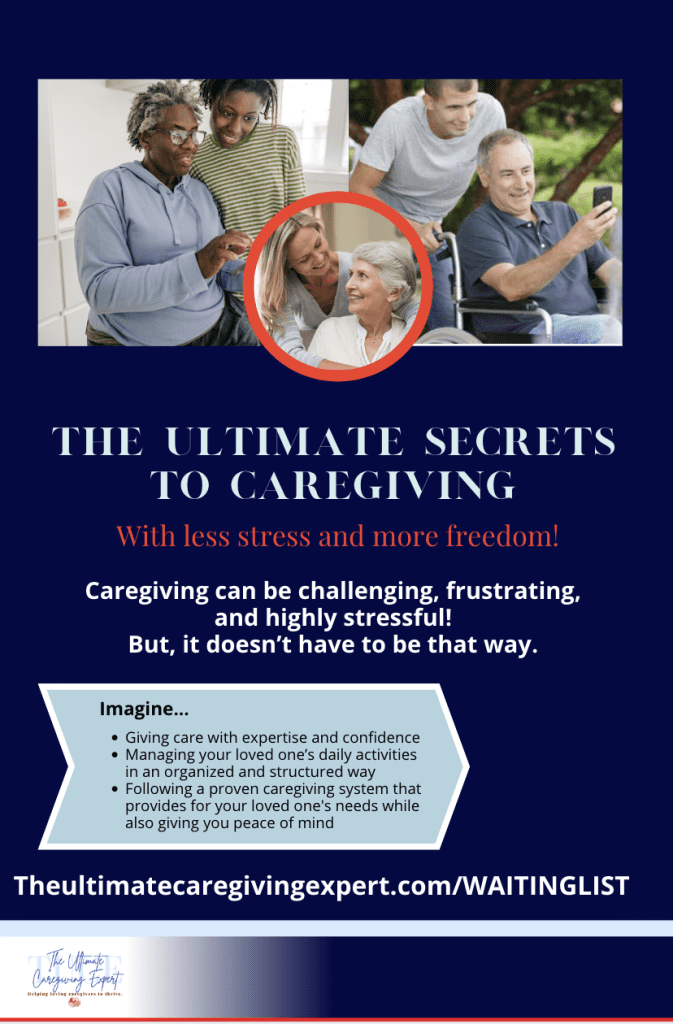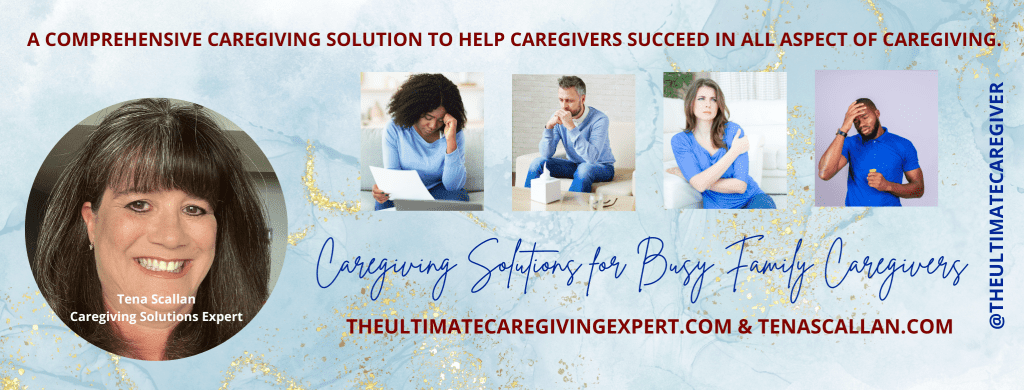Self-worth as someone caring for a loved one can be an essential and valuable thing. It can mean recognizing your strength, resilience, and capability to provide love and care to your loved one. It is also necessary to realize that taking care of a loved one can be difficult, and sometimes it is ok to feel overwhelmed, tired and frustrated. Taking care of yourself and finding ways to practice self-care and self-compassion is essential. This could include walking, getting enough sleep, or doing something you enjoy. Remember, you are valuable, and your worth is not determined by how much you can do for others.
How do you remember your worth?
A great way to remember your worth as a human in caregiving is to focus on self-care. Could you make sure you take time each day to do something that brings you joy and makes you feel fulfilled? This could be anything from reading a book, walking, or practicing yoga. Also, find someone you trust and can talk to about any struggles you face, whether a friend, family member or therapist. Finally, remind yourself that you are doing a great job and that taking care of yourself is just as important as taking care of others. How do I create a list of my self-worth?
- Try writing down five positive qualities that you like about yourself.
- Make a list of your accomplishments, talents, or skills.
- Also, add any personal values that you find important and want to live by.
Once you have created a list, you can add to it whenever you feel inspired or motivated. You can also look at it whenever you need a boost of confidence or to remind yourself of the great things you have done.
What are some great tips for creating self-worth in your life?
Here are some great tips for creating self-worth in your life:
- Acknowledge your strengths and weaknesses. Taking the time to understand and appreciate your strengths and weaknesses can help you build a strong foundation of self-worth.
- Take care of yourself. Practice healthy habits like eating well, getting enough sleep, exercising, and taking breaks when needed. Taking care of your body and mind will help you feel more confident and worthy.
- Set realistic goals. Setting realistic goals can help you feel more accomplished and proud of your accomplishments.
- Believe in yourself. Believe that you are capable and worthy. Remind yourself of this often, even when you don’t feel like you are.
- Spend time with positive people. Surrounding yourself with positive people can help you feel more confident and worthy.
- Practice self-compassion. Don’t be too hard on yourself, and learn to forgive yourself. Give yourself grace, and don’t be afraid to make mistakes.
- Celebrate your successes. Celebrating your accomplishments and milestones, no matter how small, can help you feel proud and confident in your abilities.
By following these tips, you can create a strong foundation of self-worth and feel more confident and capable.
Should I include my loved one in my decisions about self-worth?
Everyone’s journey to self-worth is unique and should be determined by what feels suitable for you. If having your loved one’s input and support brings you comfort and peace, it can be wonderful to involve them in your decisions. But ultimately, it is essential to remember that you can choose what you believe to be your worth. It’s so important to remember that you are in charge of your worth and value. No one can define that for you – only you can decide how you want to feel about yourself. Taking the time to reflect on your strengths, successes, and what makes you unique can really help you to recognize your worth and increase your confidence.
How do I list my decision of what to do after caregiving?
After caregiving, it is essential to reflect on what you have experienced and consider what might be the best next steps for you. First, evaluating your physical and mental health is essential, as caregiving can take a toll on both. After that, thinking about what you want to do next is essential.
Whether it is:
- Continuing a career in caregiving.
- Taking time off to relax.
- Starting a new career in a different field.
- Or exploring other options.
Please look at what you have learned from your caregiving experience and use it to help guide your decisions. Lastly, don’t forget to relax and rejuvenate – you deserve it! Reflection is an essential part of the caregiving process. Taking time to reflect on your experiences can help you process what you have gone through, gain perspective, and identify your next steps. It can also be beneficial to talk to other caregivers who have gone through similar experiences or to seek professional counseling or advice. Taking care of yourself is key to avoiding burnout, so don’t forget to make time for self-care.
How to hone in on my passions, preferences, and abilities for self-worth
Finding your inner worth is a journey that many of us go through. It can be not accessible at times, but the rewards of self-discovery and self-acceptance are so worth it. It’s important to remember that, no matter what, you are worthy and have value. One way to start this process is to practice self-care and kindness. Taking time for yourself and focusing on what you need can help you build confidence and a positive outlook on life. It’s also important to remember that making mistakes and being vulnerable is okay. You don’t need to be perfect, and it’s okay to ask for help when needed. This journey of finding inner worth is one that takes time and patience, but it’s so worth it in the end. It may help to start by:
- Reflecting on what you’re passionate about, such as hobbies, interests, and activities you enjoy.
- Consider your strengths, abilities, and areas you’d like to improve.
- You should consider setting achievable goals that you can work towards and focus on your progress rather than the result.
Additionally, spending time thinking about what kind of life you want to create for yourself and what values you want to live by can be beneficial. Lastly, practicing self-care and self-compassion is vital to ensure that you’re taking care of your mental and emotional well-being.
How to set achievable goals for my life after caregiving?
Setting achievable goals is an integral part of life after caregiving. A great way to start is by breaking down your goals into manageable chunks. You can start by writing down your long-term goals and then breaking them into smaller, short-term ones. Make sure you set realistic and achievable goals. When selecting a plan, ask yourself if it is specific, measurable, attainable, relevant, and timely (SMART). It’s also important to be flexible when setting goals so that if you don’t reach them, you can adjust and keep working towards the end goal. Finally, it’s important to celebrate when you get a plan and give yourself credit for your hard work. Achieving goals starts with having a clear idea of what you want to accomplish. Once you have that, the following steps can help you reach your goals:
- Set a timeline. Break down your larger goal into smaller, more manageable pieces and assign a timeline to each step.
- Create a plan. Write out each step you need to take to reach your goal. Include specific dates, deadlines, and resources needed.
- Ask for help. Connect with people who have achieved similar goals and ask for advice and support.
- Stay focused. Staying focused requires you to keep track of your progress and stay motivated.
- Stay positive. Celebrate successes and use setbacks as learning experiences.
- Reflect. Reflect on your progress and use your reflections to make adjustments to your plan.
When setting a goal, ask yourself if it is specific, measurable, attainable, relevant, and timely
When setting any goal, it’s essential to use the SMART goal-setting framework. Your goal should be Specific, Measurable, Attainable, Relevant, and Time-bound. By ensuring that your plan meets each of these criteria, you can increase your chances of achieving it. Specific objectives are easier to focus on and more likely to succeed. For example, instead of saying, “I want to exercise more,” say, “I will go to the gym twice a week.” Measurable goals help track your progress and give you a sense of accomplishment. For example, “I will save $100 every month.” Attainable goals are realistic and achievable. I think the relevant goals align with your long-term objectives or values. Time-bound goals have a set timeline, so you can stay on track to achieve them. For example, “I will lose 10 pounds in the next three months.” Finally, by ensuring your goals are SMART, you can increase your chances of success and progress toward achieving your ambitions.
Here are the steps to creating SMART goals:
- Set a specific goal: Identity what you want to achieve and ensure it is measurable and specific.
- Measure progress: Establish milestones to measure progress and determine if you are on track to achieving your goal.
- Make it attainable: Ensure that the goal is realistic and achievable.
- Keep it relevant: Make sure the goal is aligned with the overall objectives of your project or organization.
- Set a timeline: Establish a timeline for reaching the goal and ensuring it is realistic.
By following these steps, you can set SMART goals that are more likely to be achieved and will help you stay on track.
How do we determine our internal values and items of importance?
Determining your values and items of importance can be challenging. However, it is an integral part of personal growth and development. An excellent place to start is to ask yourself questions such as, “What matters most to me?” and “What makes me happy?” Reflecting on your past experiences and achievements can also help you to identify what is important to you. Furthermore, taking time to think about what you want out of life and what kind of person you want to be can help you to gain clarity about your values and priorities.
Here are some steps that you can take to help you determine these items:
- Take some time to reflect on what is important to you and why. What do you value? What are your core beliefs?
- Develop a list of your values and items of importance. This could include anything from family and relationships to career and financial success, to health and wellness.
- Compare your list to other external sources, such as religious texts, moral systems, and societal norms. Are there any conflicts?
- Review the list and adjust it as needed. Are there any items that you would like to add or remove?
- Make a plan to prioritize and live by your determined values and items of importance. How can you incorporate them into your daily life?
I hope these steps help you determine your internal values and items of importance.
How do we list our core values, and how do they affect our daily lives?
Your core values are the beliefs that you have that guide the decisions that you make. They represent what is most important to you and help you to stay true to yourself. When it comes to your daily life, your core values can help direct your decisions, actions, and behaviors.
To list your core values, start by considering what is most important.
- What do you believe in?
- What do you want to stand for?
This could include honesty, integrity, dependability, respect, creativity, etc. Once you have your list, you can prioritize them in order of what is the most important to you. It could be as simple as being honest in your conversations or something more substantial, like setting aside time each day to work on something creative. No matter how you live your core values, they should be the foundation for your decisions and behaviors.
Conclusion to self-worth
Finding true self-worth is an ongoing journey that requires us to take the time to reflect on our strengths, weaknesses, and values. It is essential to recognize that our worth is not defined by external factors, such as money or external validation, but rather it comes from within. We must learn to appreciate our unique qualities and accept our imperfections. We can build an unshakeable sense of self-worth when we recognize that our true worth comes not from what we do but from who we are. Know that I am here to help in any way.
Schedule A Call

Purchase the Course
Caregiving can be challenging, frustrating, and highly stressful! But it doesn’t have to be that way.
Imagine:
- Giving care with expertise and confidence.
- Managing your loved one’s daily activities in an organized and structured way.
- Following a proven caregiving system that provides for your loved one’s needs while also giving you peace of mind.






